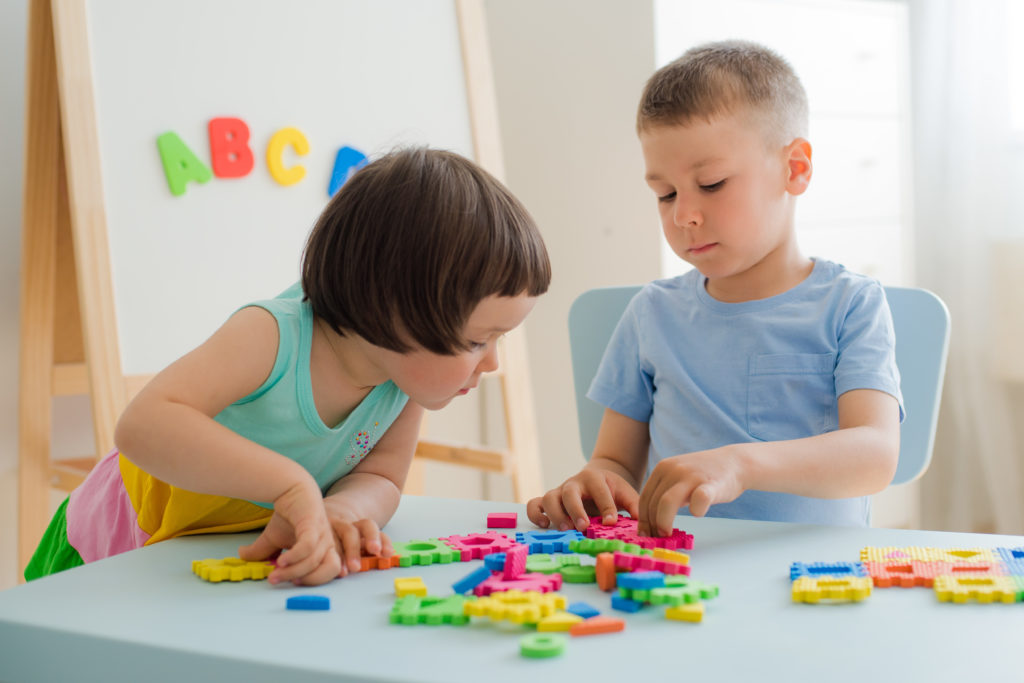
Self-care and Why It’s Important
Written by: Caitlyn Chun
Raising a child is serious work! As a caregiver, you demonstrate patience, kindness, and empathy for your children every day. Your time may be spent juggling a seemingly endless number of tasks, and it can be all too easy to deprioritize the activities that lift you up. Even though it can feel like self-care is just another item on your list, making self-care a priority can make it easier to juggle all that you do!
What is self-care and why is it important
Self-care is the use of activities and strategies to sustain well-being and the ability to function. Research has demonstrated that engaging in self-care on a regular basis has benefits for caregiver adjustment, identity, and functioning with children. Think of it like recharging your batteries; it is critical to engage in activities that will replenish your physical, mental, and spiritual energy so that you can stay at the top of your game. In addition, when your kids see how your self-care benefits you, they will learn that prioritizing their own wellness is a part of being a responsible human!It is important to note that self-care is not the same as self-indulgence — activities such as binge-watching TV and shopping for luxury items do not serve our long-term wellbeing. Self-indulgent behaviors are typically short-term fixes. Self-care behaviors are activities and habits that will sustain you for the long haul.
Self-care strategies (adapted from Self Care Inventory from the National Alliance on Mental Illness, 2008)
In general, self-care is about what will sustain you in the long run. What works for one person may not necessarily work for someone else. Check out some suggested self-care strategies for the following areas of wellbeing:
Physical
• Eat healthy meals
• Get enough sleep
• Stretch and work out to raise your heart rate
• Take time away from screens
• Go outside for fresh air and sunshine
Psychological
• Make time for self-reflection
• Read for fun
• Practice mindfulness
• Practice saying “no” to additional responsibilities
• Identify what you do for yourself as opposed to what you do for others
Emotional
• Spend quality time with those you love
• Identify and engage in comforting activities, objects, people, relationships, and places
• Allow yourself to express your feelings (e.g., laugh, cry, etc.)
• Give yourself affirmations and praise
• Talk with others about the joys and challenges of raising children
Spiritual
• Spend time with nature
• Be aware of the non-material aspects of life
• Contribute time, energy, and resources to causes in which you believe in
• Engage with inspirational literatures (books, music, lectures, etc.)
• Identify areas for personal growth
• Workplace or Professional
– Take breaks during the day
– Give yourself quiet time and a quiet space to complete tasks
– Participate in projects that are exciting and rewarding
– Arrange your workspace for comfort
– Plan nutritional meals and snacks during work
Resources
For a deeper dive into understanding self-care:
• Self-care for Parents
• Taking Care of Yourself
• Managing Stress by Strengthening your Support Network
Additional Resources:
• 3 – 20 minute guided meditations
• 5 – 25 minute self-compassion guided meditations and exercises
• Workout videos


